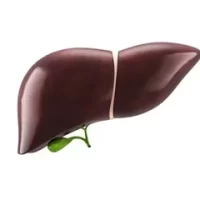Before attempting any home cure, speak with your doctor or pharmacist, regardless of what you’ve heard or how desperately you desire relief. This is crucial if you use prescription or OTC medications because some of them can alter how the pills work. Furthermore keep in mind that many of them lack supporting studies.
1. Peppermint Mint- Mint has a long history of use as a health aid. Peppermint oil may be beneficial for headaches as well as irritable bowel syndrome, a chronic illness that can produce cramping, bloating, gas, diarrhea, and constipation. Further research is required to determine how much and why it is helpful. Although there is little proof that the leaf is effective for any of the aforementioned conditions, people nevertheless use it for them.
2. Honey- For a cough, this natural sweetener might be equally as effective as over-the-counter medications. For kids who aren’t old enough to take those, that might be extremely useful. So do not give it to a baby or a toddler who is under the age of one. There is a slight possibility that they could become really ill from a rare but severe form of food poisoning. Also, despite what you may have heard, studies do not support the claim that “local” honey can treat allergies.
3. Turmeric- This spice has been hyped as being able to help with a variety of conditions from arthritis to fatty liver. There is some early research to support this. Other claims, such as healing ulcers and helping with skin rashes after radiation are lacking proof. If you try it, don’t overdo it: High doses can cause digestive problems.
4. Turmeric- This spice has been hyped as being able to help with a variety of conditions from arthritis to fatty liver. There is some early research to support this. Other claims, such as healing ulcers and helping with skin rashes after radiation are lacking proof. If you try it, don’t overdo it: High doses can cause digestive problems.












